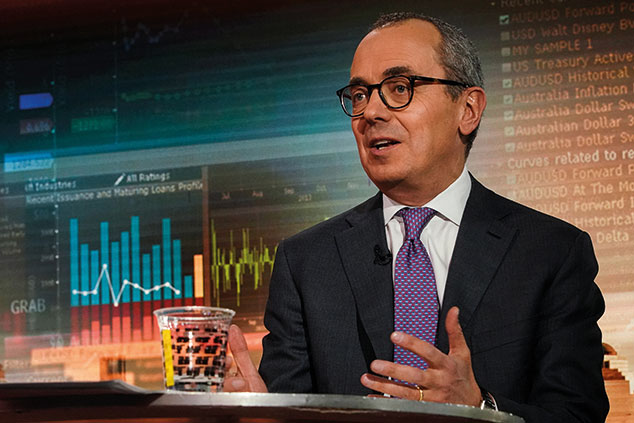
Bristol-Myers Squibb has “moved a step closer” to completing the largest takeover deal in the healthcare industry, says James Dean in The Times. Celgene, its target, has agreed to sell its blockbuster psoriasis treatment, Otezla, to Amgen for $13.4bn. Celgene first put Otezla up for sale two months ago to placate US competition regulators who were concerned that its combination with Bristol-Myers Squibb “could give the new company too much power in the market for anti-inflammatory drugs”. Amgen says Otezla will cost it closer to $11.2bn owing to tax benefits.
Bristol-Myers will benefit in several ways from the deal, says Richard Beales on Breakingviews. Not only will the sale “smooth” any potential antitrust problems, but the money raised will reduce leverage at the larger company and allow it to “ratchet up its share repurchases” at the same time. Moreover, Giovanni Caforio, chairman and chief executive of Bristol-Myers, “can now breathe a sigh of relief”, with his “ambitious dealmaking” having passed itsfirst test.
An overpriced pill?
The sale of the drug might not be surprising, but the price is, say Drew Armstrong and Rebecca Spalding on Bloomberg. Usually, antitrust divestitures can present a chance for acquirers to “bargain-shop”, since the selling companies “need to shed the asset to achieve their larger objective”.
However, this deal “may have bucked that trend” as Otezla has cost Amgen substantially more than expected. Indeed, one analyst from brokerage Jefferies said that $8bn “would be the benchmark for a cheap price”, while another “put a $10bn high-end price on the drug”.
It’s true that Amgen is paying a lot, especially given the fact that Celgene is a “motivated seller”, says Charley Grant in The Wall Street Journal. Still, even though Amgen has offered an “attractive amount” for the drug, its shareholders shouldn’t feel too hard done by, since the evidence suggests that the biotech firm “isn’t necessarily overpaying”. The drug “carries relatively little risk” as Otezla is approved to treat three separate indications, and its key patents don’t expire until 2028. Amgen expects “at least double-digit average sales growth over the next five years”.
This transaction “is the latest in an industry that has seen a staggering amount of dealmaking this year”, says the Financial Times. Indeed, “more than $700bn-worth of transactions” have been agreed in the drug and healthcare sectors this year so far.
This “frenzy” has been driven by “the desire to sell non-core assets or buy innovative medicines as [pharma firms’] own drugs are close to losing patent protection”. Companies are also concentrating on becoming “one of the top three players” in their category.